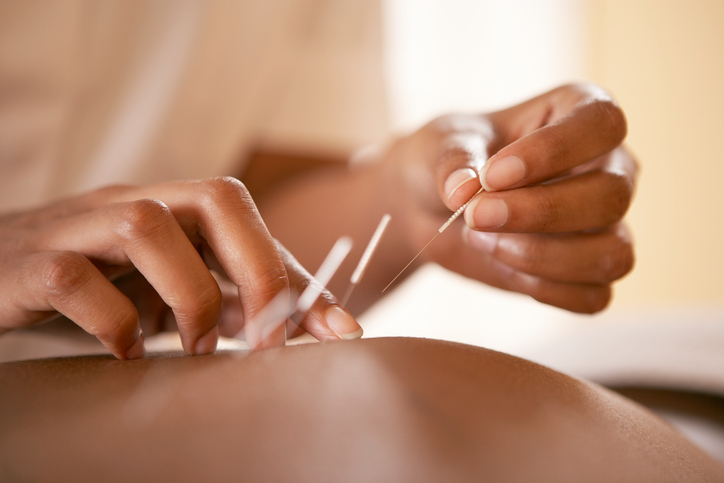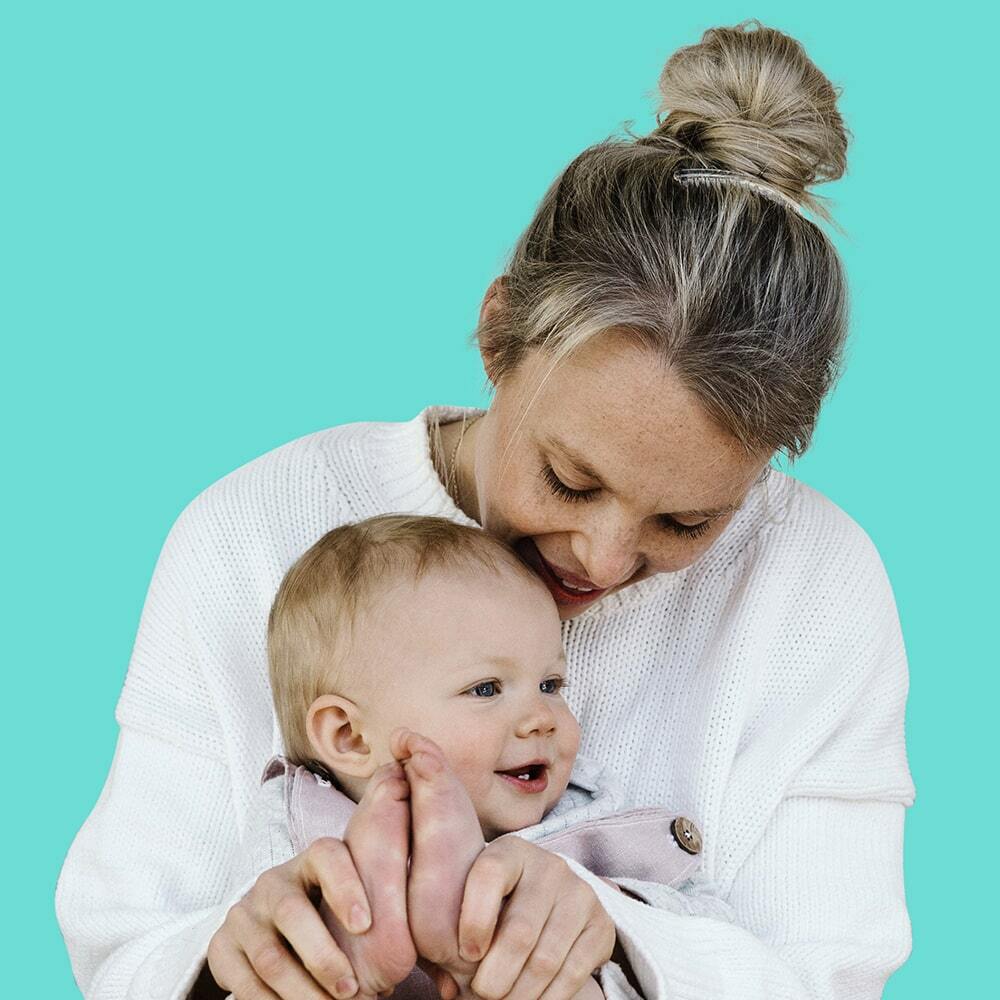Acupuncture and Fertility
12 October 2017

12 October 2017

In recent months, there has been a growing interest in the media of alternative medicines and complementary therapies, namely acupuncture, in relation to fertility. Though contested, it is suggested by practitioners that the treatment can stimulate blood flow to the uterus, assisting menstruation and ovulation and reducing stress. However, there is convincing evidence now that acupuncture does not improve the chances of having a baby. Acupuncture may help to reduce stress and anxiety.
In most cases, choosing to explore wellness and treatment options outside of traditional Western medicine treatments is rapidly becoming a much more viable and acceptable option for many singles and couples looking to start or grow a family.
What is acupuncture?
Acupuncture is an ancient Chinese treatment and a form of natural health care that takes a holistic approach to understanding, treating and preventing illness. Treatment is based on the theory that illness, disease and health problems stem from an interruption of the body’s natural flow of energy (called chi) in the body.
The practice involves stimulating the body’s chi with tiny needle injections, in different areas of the body depending on the particular issue and treatment goals. An appointment usually lasts around one hour, and involves a thorough consultation before comfortably resting with the small needles inserted for 20-30 minutes. In most fertility cases, the needles are focused around the legs, lower back or lower abdomen.
How does acupuncture relate to fertility?
Acupuncture may be undertaken when trying to conceive, immediately before beginning fertility treatment, or during the first few weeks of pregnancy. Practitioners suggest it may also be beneficial undertaken by women after several unsuccessful months or years of trying to become pregnant, with or without fertility assistance. If you are trying to conceive naturally, it is recommended by acupuncturists to undergo weekly treatment for around 12 weeks.
The aim of treatment while trying to increase fertility is to improve blood flow to the ovaries and endometrium. This may encourage the ovaries to function at their peak and may help to increase the lining thickness of the uterus.
Acupuncture is also often undertaken by women with PCOS, with a specific aim to induce ovulation and regulate hormones.
Acupuncture and IVF
In preparation for an IVF cycle, acupuncture may assist in regulating hormones, improving the menstrual cycle and promoting ovulation whilst relieving stress by working on the central nervous system.
When undertaking IVF, some acupuncturists suggest a short treatment prior to and immediately after an embryo transfer with a hope to increase the chances of implantation. This is because acupuncture may serve to relax the uterus at the time of transfer if undertaken at the correct time.
Because IVF treatments can be a stressful and emotional time for women and couples, acupuncture may assist in alleviating stress and allow your body to function at its best possible health.
If you are already going through IVF treatment, it is important to discuss any intention to also undertake acupuncture with your fertility specialist first. By keeping both your fertility specialist and acupuncturist in the loop, you will ensure both parties work together to provide you with the best possible care and treatment.
Acupuncture and male fertility
Achieving optimal health is so important for both partners in increasing the chance of pregnancy. Acupuncture may be an appropriate way for males pre-conception to improve aspects of general health including energy levels, weight, stress and cardiovascular health. In specific relation to fertility, practitioners suggest acupuncture may assist in increasing sperm count, quality and motility.
Related benefits of acupuncture
Though there is limited research to suggest acupuncture can directly lead to fertility treatment success, the treatment has been proven to help reduce stress, anxiety and depression. Acupuncture is believed to increase quality of life and lower stress levels during clinical fertility treatments, which may in turn provide an ‘easier’ path to pregnancy.
When pregnant, acupuncture combined with good nutrition and a healthy lifestyle may assist in stress reduction, to minimize nausea, and to alleviate lower back pain or pressure that is common in the later stages of pregnancy.
Undergoing treatment and finding a natural therapist
When deciding to try acupuncture, it is important you chose a qualified acupuncturist and let your fertility specialist, if you have one, know about the therapy. This is true for any type of natural or complimentary treatment you take simultaneously to clinical fertility treatment, such as herbal medicine or manual therapies.
The most important thing when undertaking alternative treatments such as acupuncture is that you personally feel comfortable, supported and that the treatment is right for you.
Points of view and advice provided in this article represent the opinion of the author and do not necessarily represent the official position or policies of Monash IVF.

Wherever you are on your journey, one of our supportive nurse enquiry team members can help you understand your options and take the next step. These conversations are free and informative.